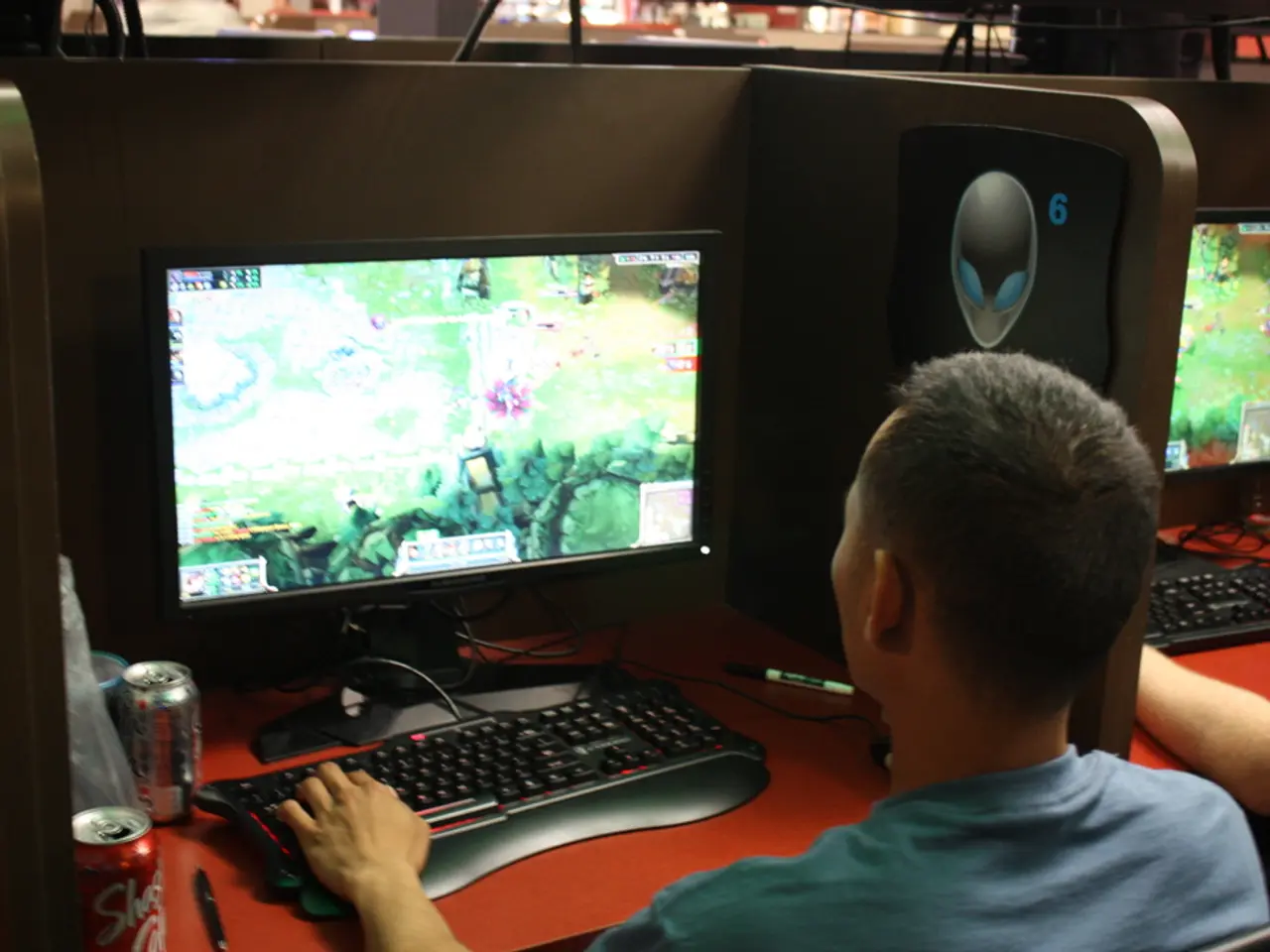In anticipation for GTA 6's arrival, an analyst pinpoints the growing disparity within the gaming world: "Successful companies are raking in more profits, while struggling ones fight for a decreasing share of the market"
The games industry, while still thriving, is experiencing a period of adjustment as it evolves, according to Mat Piscatella, an analyst at Circana. The market is not growing as significantly as it did during the spike in 2020, due to the COVID-19 pandemic, and is marked by a phenomenon known as "churn."
This churn, as Piscatella explains, is primarily caused by a market that is not growing overall, while the number of games, especially on PC, continues to increase exponentially. This results in a shrinking slice of the market pie for games that aren't among the biggest hits, causing intense competition and uncertainty for smaller or mid-tier developers. In essence, the winners are winning bigger, and everyone else is scrambling for a smaller piece of the pie.
The potential impact of this churn is far-reaching. Smaller games and studios face increased pressure as they compete for less spending power from consumers. The market is becoming a tough environment where only the top-tier blockbuster games and major services dominate revenue and market share. The industry is also undergoing a transition as it shifts from a console-centric model to a "game as platform" model, involving subscription services and ongoing content, which changes how games generate revenue long-term.
Piscatella notes that although the industry overall remains near all-time revenue highs, growth has slowed. He believes that the current phase of churn represents a period of adjustment as the industry evolves.
Another significant factor affecting the industry is the delay of highly anticipated games, such as GTA 6. Rockstar Games has delayed the release of GTA 6, a move that, according to Piscatella, does not benefit anyone in 2025. The delay has resulted in a revised growth and spend forecast for the games industry by Circana.
The market is currently in a phase of figuring out the next steps for the industry's transition. Piscatella remains hopeful about the potential improvement of the investment drought in the second half of 2025. However, investment in the games industry is currently at a lower level compared to 2020 and 2021, making the market "extremely challenging."
Investment in smaller and new IP-type games has been tough to find in recent times. However, Piscatella believes that the impact of a record-setting year in the gaming space would bring more investment to the industry. The availability of new games, particularly on PC, is increasing exponentially, but the pie for non-top-tier games and services is shrinking. This shrinking pie is causing more pressure and competition, with many games going unnoticed due to the dominance of live-service games.
Despite these challenges, there is potential for growth and investment in new types of games, new publishers, and new developers. The market is still seeing churning and currents, with the big mess coming from under the surface. As the industry navigates these challenges, it remains to be seen how it will continue to evolve and thrive.
- The games industry, despite slowing growth, is witnessing a shift, transitioning from a console-centric model to a "game as platform" model, involving subscription services and ongoing content.
- As the market shifts, competition among smaller or mid-tier developers escalates due to a shrinking slice of the market pie for games that aren't top-tier hits.
- In the gaming space, the potential impact of delays in highly anticipated games, such as GTA 6, can revise growth and spend forecasts for the industry by analysts like Piscatella.
- While the games industry is currently facing an investment drought, especially for smaller and new IP-type games, there's potential for growth and investment in new types of games, new publishers, and new developers.




